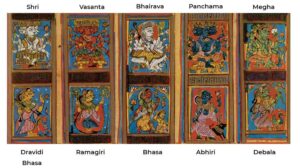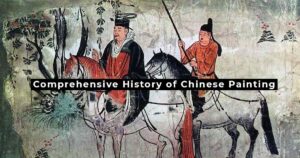Op Art Short for Optical Art, is a style of visual art that uses Optical illusions. Artists use shapes, colours and patterns in special ways to create images that look as if they are moving or blurring. Typically, Op Art give the viewer the impression of movement, hidden images, flashing and vibrating patterns, or of swelling or warping. It emerged in mid-1960’s
How Op Art benefits the kids ?
According to experts, optical illusions help you to make your brain sharper. They make you think hard about how a certain thing is possible, lead you to understand the working of a human brain, and how interesting it is. It also actually helps understanding the difference between ‘looking’ and ‘seeing’. The latter term has a broad and general meaning, whereas the former refers to observing something with an intention of comprehension. We always try to seek meaning, when we observe new things (especially those in an artistic manner). In short, optical illusions provide you with lots of food for thought, which intensifies and heightens your thinking process.
It can also help your child to develop good cognitive abilities, and parents can use these games to train their kid’s mind. According to some health experts, optical illusions also help you in stimulating the right side of the brain, which is usually not used by many people. Apart from sharpening your memory, these games help you to improve your problem solving skills, visual recalling, and spatial reasoning abilities, by contributing to your intelligence. The most important benefit is that magic and optical illusions are fun to indulge in, and are great sources of fruitful recreation.
What Are the Characteristics of Op Art?
- Exists to fool the eye.
- Not meant to represent reality
- It is not created by chance.
- Relies on two specific techniques.
- Typically does not include the blending of colors.
- Embraces negative space.
Important Artists:
- Riley, Bridget
- Stella, Frank
- Albers, Josef
- Poons, Lawrence
- Noland, Kenneth
- Vasarely, Victor
- Anuszkiewicz, Richard


